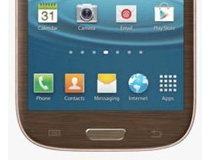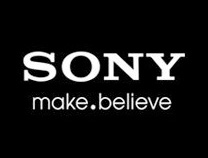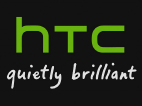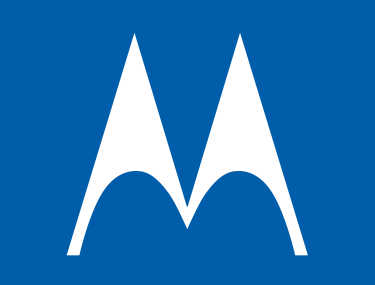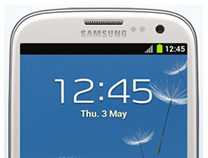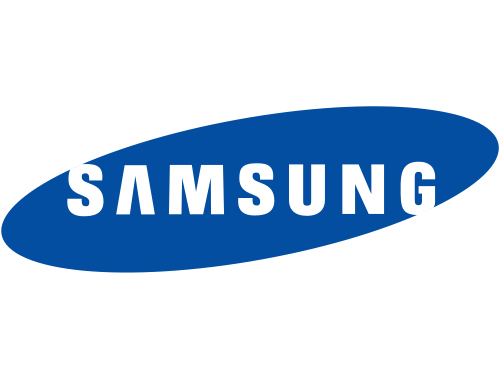Seven years after making its debut, Android 4.0 Ice Cream Sandwich is being dropped from the list of supported API levels Google Play services. The OS is used by less than 1% of Android devices.
Android 4.0 RSS
Ten months after its release, Android 7.0 Nougat has reached 10.6% of devices. Marshmallow had reached 15.2% within ten months of its rollout starting, and it's more than doubled since then, to 31.8%.
The newest versions of Android are now installed on just 1.2% of the platform's active devices, while 6.0 Marshmallow continues to grow, pushing past the 30% usage milestone for the first time.
Android 7.0 Nougat is now on just 0.4% of devices, up by a pitiful 0.1% compared with last month - but a year after its release, 6.0 Marshmallow has finally overtaken the three-year-old 4.4 KitKat.
Marshmallow has been available to manufacturers for almost a year now, but hasn't yet reached 20% of devices, while Android 4.4 KitKat - which was released nearly three years ago - is on 27.7%.
Android 7.0 Nougat will be released soon - but ten months after the rollout of version 6.0 Marshmallow began, it's now installed on just 15% of Android devices, and its growth rate has slowed.
Marshmallow is now installed on 13.3% of active Android devices, following its largest monthly increase so far - but Android 7.0 Nougat is fast approaching, and is due to arrive this summer.
Eight months after its rollout began, Google's latest figures show that Android 6.0 Marshmallow has finally passed the 10% milestone, but the release of Android 7.0 is fast approaching.
A new attack pattern has been discovered online, where older Android devices are being infected with ransomware just by visiting certain sites. The attack uses exploits leaked from the Hacking Team.
Sixteen months after its rollout began, Android 5.x Lollipop has finally overtaken KitKat as the most-used version of the OS - but after five months of availability, 6.0 Marshmallow is at just 2.3%.
Android 6.0 was released in early October - but the latest version of the OS is now installed on just 1.2% of active devices, indicating an even slower rollout rate than Android 5.0 Lollipop.
Android 6.0 began rolling out on October 5, but still hasn't reached 1% of active devices. 5.x Lollipop grew by 3.1% compared with last month, but the two-year old 4.4 KitKat still leads with 36.1%.
Version 5.x Lollipop now accounts for 29.5% of active Android devices - but two months after 6.0 Marshmallow began its rollout, just 0.5% of devices are running the latest version of the OS.
If you own a device that runs an older version of Android, Google could potentially unlock your device remotely with a court order. This affects roughly 74% of Android devices on the market.
A year after its rollout began, Lollipop has finally reached a quarter of active Android devices - but the vast majority of devices are still running much older versions of the OS.
Eleven months after it was first announced, 5.x Lollipop builds are now on 21% of active Android devices - but with 6.0 Marshmallow now weeks away, it's Android 4.4 KitKat that continues to dominate.
Google's latest figures show that Android 5.x builds have now been installed on 18.1% of active devices - but while all other versions dropped in usage, Android 4.4 KitKat actually saw an increase.
Nearly eight months after Google announced Android 5.0 Lollipop, the percentage of devices running the newest versions is finally in double-digits - but 4.4 KitKat still dominates the platform.
Almost seven months after Google announced the latest version of its Android OS, over 90% of devices are still running versions up to five years old - but the Lollipop rollout is gaining momentum.
Six months after Google announced Android 5.0, just 5.4% of Android devices now have Lollipop - which means it's still on fewer devices than Android 2.3 Gingerbread or 4.0 Ice Cream Sandwich.
Instagram has finally brought video recording and sharing to Android 4.0 with their update last night to 4.1.2 on Google Play. Another new feature is the presence of ads in users' feeds.
Keeping in mind the Japanese love for vending machines, Google Japan has just announced that it is launching dedicated Google Play machines to sell various types of games to Android users conveniently.
Google have updated the Play Store, including a new UI and design language which is used in Google's Search apps, as well as Google Now. The new Store design is said to help users find new content.
Having unveiled its first new handset since its split from Nokia, an Android 4.0 device, Vertu has confirmed that it considered using Windows Phone 8, but rejected it due to issues of 'complexity'.
The Samsung division in Poland have posted on their Facebook page that the Galaxy S III smartphone has now sold 30 million units worldwide since its launch in Europe in late May.
If you ever thought about owning a Netbook, today might be your lucky day to get one that's dirt cheap, runs Android 4.0 and has a 10.1 display. The deal is limited to the UK though.
With Windows Phone 8, the new iPhone and loads of Android handsets incoming, you might want to hold off before buying your next smartphone. We take a look at some of the cool new devices on the way.
Press shots and information about Sony's new Xperia-branded Android tablet have been outed by an XDA developer member. The tablet is likely one of the big devices to be showcased at IFA 2012.
Google has revealed that Android 4.0 (Ice Cream Sandwich) is slowing eating away at the still massive Android 2.3 user base, even as Android 4.1 (Jelly Bean) has now launched.
HTC has explained its reasoning for why the Desire HD smartphone won't be receiving Ice Cream Sandwich in the future. We suggest how you can extend the life of your Desire HD beyond HTC's plans.
Motorola's new Atrix HD has some seriously stiff competition in AT&T's smartphone lineup with the Samsung Galaxy S III and the HTC One X. The Atrix HD has most of the specs to match the top tier...
An executive at Samsung claims that sales of its recently launched Galaxy S III smartphone have now exceeded 10 million units less than two months after it launched.
Samsung estimated today that it created a profit of $5.9 billion for the second quarter of 2012, helped in large part by the sales success of the Galaxy S III smartphone.
New data from Google shows that Android 4.0 (Ice Cream Sandwich) has now been installed on 10.9 percent of all Android devices, even as the company has just announced Android 4.1 (Jelly Bean).
Verizon has announced that both the Motorola Droid RAZR and RAZR Maxx smartphones will start their Android 4.0 upgrade program beginning today. Other devices will soon get Android 4.0 upgrades.
After the Xperia S released running Android 2.3, Sony promised the device would be updated to 4.0 in the future. They've kept their word, releasing the phone's update.
The US launch of the Samsung Galaxy S III smartphone will feature limited availability of the product, with T-Mobile only offering it in its top 29 markets and Sprint saying it is behind on shipments.
Since its launch in December inside the Galaxy Nexus, Google's Android 4.0 (Ice Cream Sandwich) is still only in 7.1 percent of all Android devices compared to 70 percent for Android 2.3.
The Galaxy S III smartphone from Samsung launches today in 28 countries in Europe and the Middle East, with Samsung saying it will be sold in a total of 145 countries in July.
Despite promising to upgrade the Xperia PLAY to Ice Cream Sandwich, Sony has confirmed that the PlayStation gaming phone now won't get the update, due to performance and reliability issues.


















